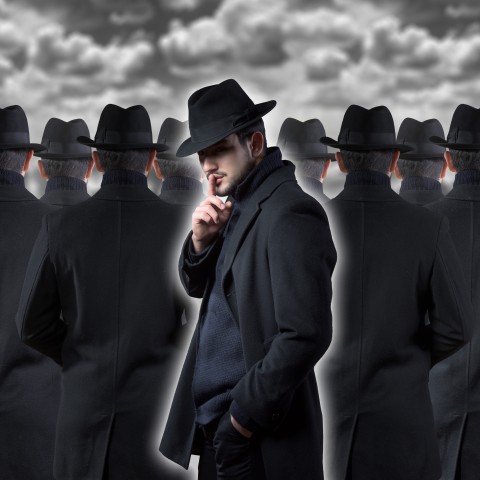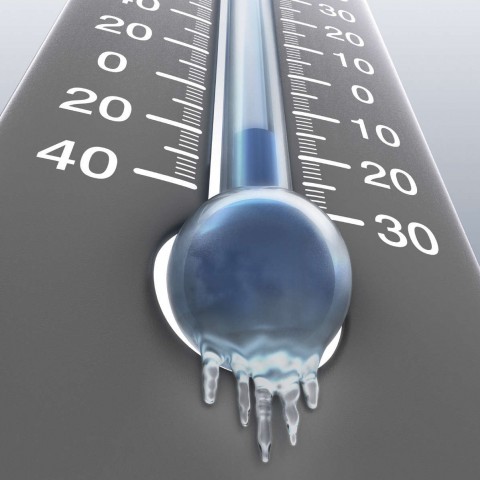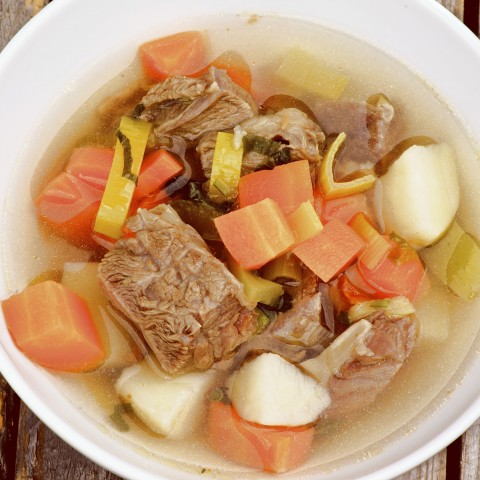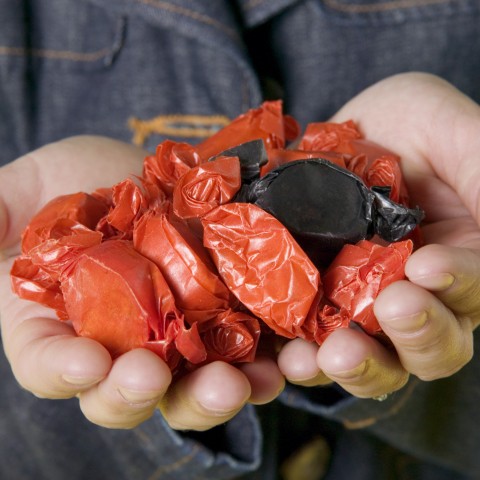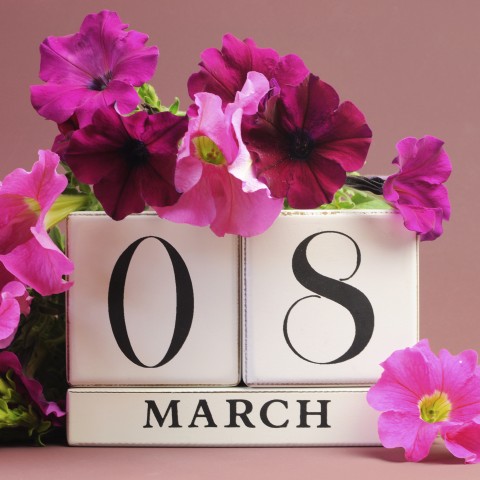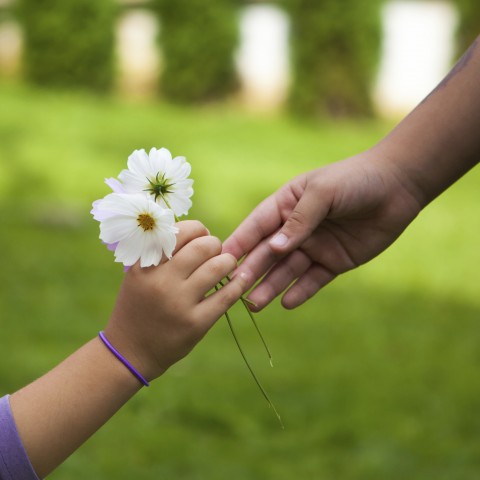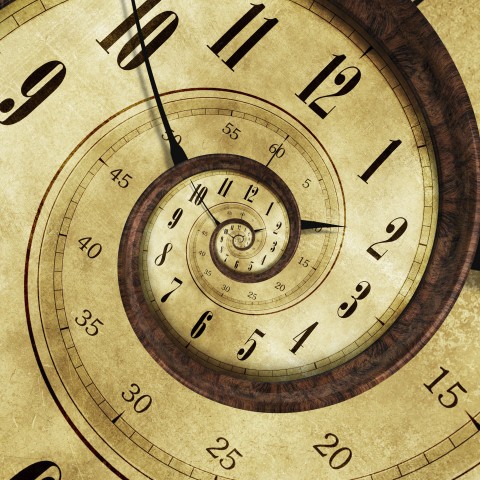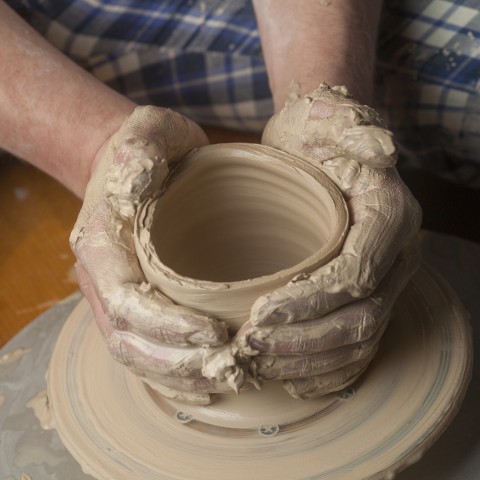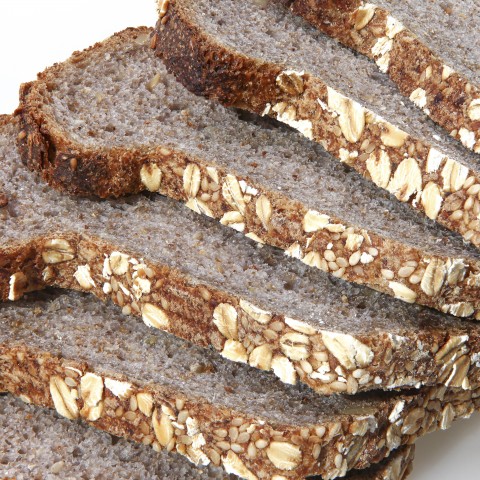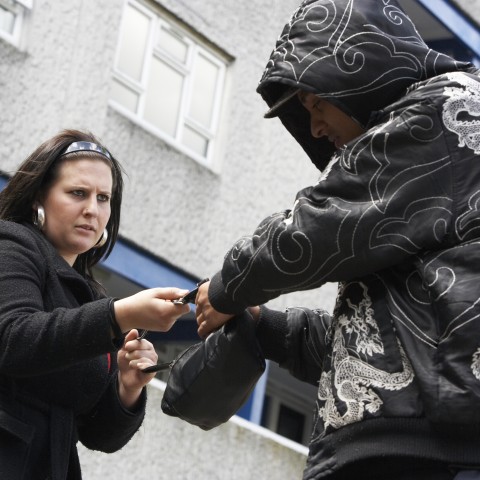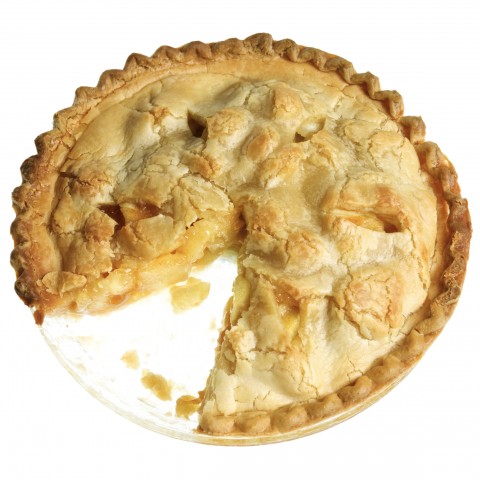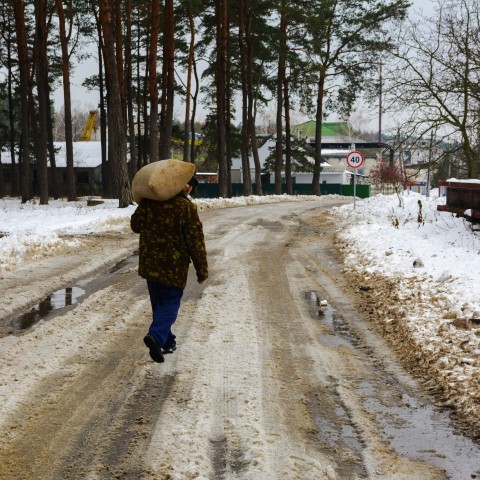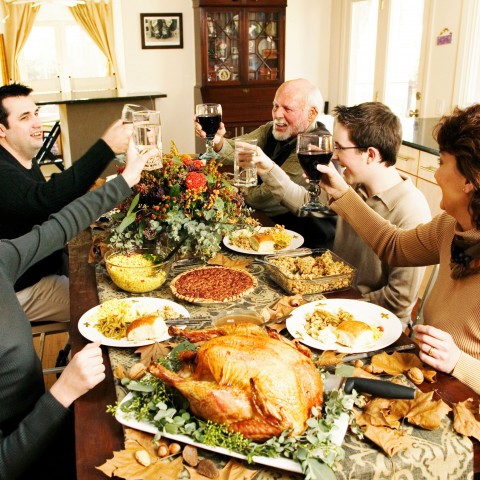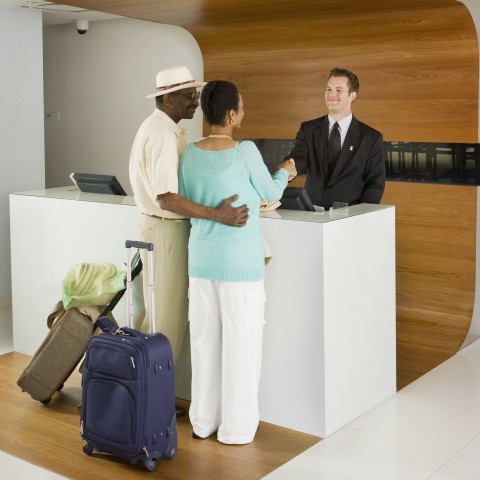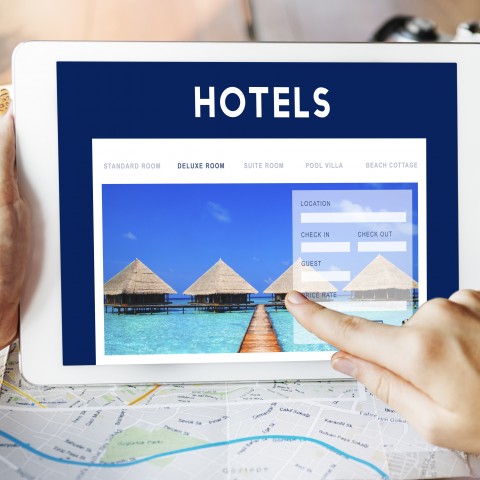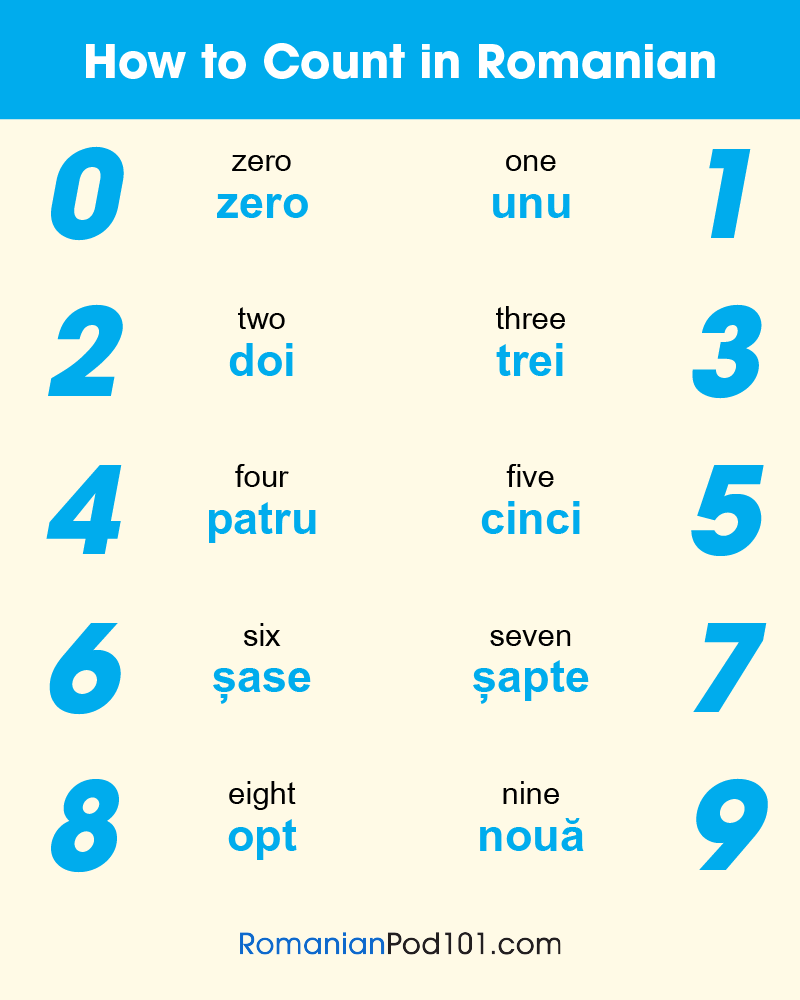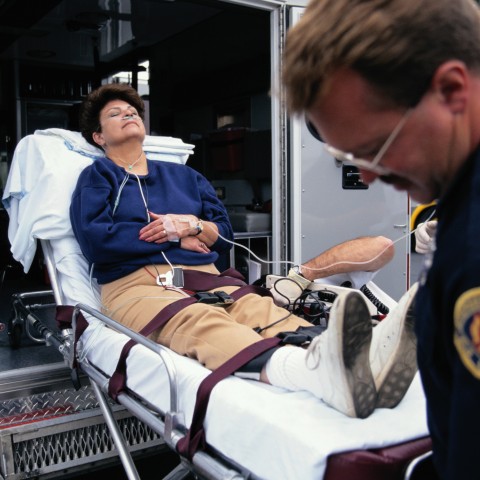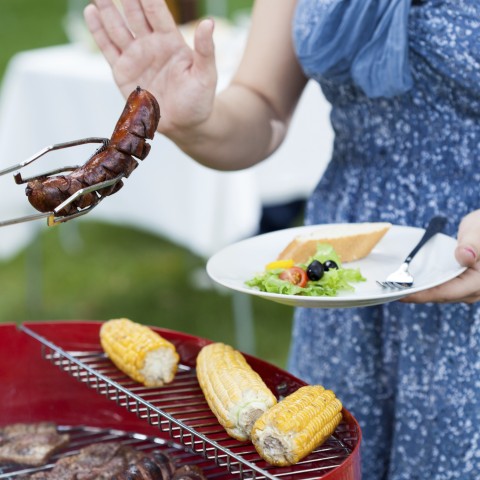I remember even when I was little, I knew that chatting about the weather was sort of cliché.
I had no idea how you would do it—what, you would just say it was hot or cold?
It turns out, obviously, that yes, that is the case. That’s exactly what you do, and otherwise society would break down.
Well, maybe that’s a little overdramatic. But my point is that chatting about the weather fills a really important role of small talk that’s always accessible. If you dash under a coffee shop awning during a sudden cloudburst and there’s someone else there too, what else can you do but laugh and curse the sky?
When you get to Romania, you’ll probably be itching to try out your language skills on others. You don’t have to be close friends to switch to Romanian with someone.
Simply talk about the weather in Romania with the first stranger you see! It should be a piece of cake once you learn the most practical weather vocabulary Romanians use, and how they work in sentences.

Table of Contents
- The Climate and Seasons of Romania
- Talking about Cold Weather
- Talking about Hot Weather
- Complaining about Bad Weather
- Can the Weather Make You Sick?
- Other Natural Occurrences
- Temperature and Degrees
- Idioms about the Weather
- How RomanianPod101 Can Help You Master Romanian Conversation
1. The Climate and Seasons of Romania
Romania is one of those countries that gets to experience the classic four seasons that are very distinct from one another. This means that the weather in Romania year-round is anything but dull!
There’s really no need to go through weather in Romania by month, but here is a breakdown of what to expect each season:
In spring, people unbundle themselves from their winter gear and enjoy the green countryside and the blooming fields of flowers.
In summer, things heat up. It can get pretty warm in most places, particularly the middle areas that get neither the cool air from Northern Europe nor the sea breeze from the Mediterranean. We’re talking highs of 35 degrees Celsius (or 95 degrees Fahrenheit)—uncomfortable, sure, but not deadly.
As autumn rolls around, the leaves change to beautiful colors and temperatures drop slowly and surely.
Finally, Romanian weather in winter maintains a moderate climate, though winters do tend to be relatively long and chilly. Average temperatures usually hover around or below zero all season long, and up in the mountains it can get colder than -15 degrees Celsius (5 degrees Fahrenheit)!
Speaking of winter…
2. Talking about Cold Weather
You probably already know how to say and use the word “cold.” Let’s get a little bit more advanced with some idiomatic words and phrases.
Here’s something you can use for, oh, about two or three months during the year, when it’s neither burning hot nor freezing cold.
- Este un pic rece, aici.
“It’s a little chilly here outside.”
But then, once winter hits:
- Îngheț de frig.
“I’m freezing cold.”
The word îngheț shares a root with the Italian word gelato, but instead of anything sweet, it simply means “to freeze.” Frig might be even easier to recognize since it’s so close to frigid or fridge in English.
So sure, it’s cold outside. But what does the cold bring with it? Snow.
- Zăpada era până la genunchi.
“The snow was knee-deep.”
In a little bit, we’ll discuss complaining, but here you can get a head start with this sad lament:
- Uneori se simte de parcă aici zăpada nu se topește niciodată.
“Sometimes it seems like the snow here never melts.”
It’s not just Eskimos that have a lot of words for snow. Anybody living with snow on any regular basis has different words for the different types of snow that can appear on the ground or in the air.
I bet you can think of quite a few right now. There’s sleet, snowdrift, snowbank, snowstorm, hail… So here are just two sentences for special precipitation words.
- Prognoza vremii prezice lapoviță.
“The forecast predicts sleet.” - Craiova este îngropată sub o furtună de zăpadă.
“Craiova is buried under a snowstorm.”
3. Talking about Hot Weather
Although we opened with cold weather, we could have done just the same with hot. Romania in late summer is definitely not a time you want to be in a sweater.
The air is often humid, and cloudless skies provide ample opportunity for the sun to beat down on your neck.
People who go for walks in the Romanian countryside might find this phrase handy.
- Sunt sub un soare arzător.
“I am under a blazing sun.”
What we might also call a “scorching sun” or “burning sun” in English actually has two more ways to translate into Romanian: bătaia soarelui and soare arzător.
Heat is never just heat, of course. We can have dry heat and humid heat, both of which have pretty direct equivalents in Romania, even if humid weather is much more likely.
- Îmi place vremea caldă și uscată.
“I like dry heat.” - Este foarte umed azi.
“It’s very humid today.”
Personally, I can’t stand humid weather. It just plain wears me out and makes me crabby. For that reason, we have the following section:
4. Complaining about Bad Weather
It has been said, perhaps unfairly, that complaining is an art in Romania. Knowing precisely how much to mope while staying polite (as polite as is required in your circumstances) does take some practice.
Here’s how you can whine about Romanian weather without crossing the line into being a party pooper. Don’t blame the people or even the country for the bad day you’re having. Just talk about not liking it, and I guarantee people will join in.
- Urăsc genul asta de vreme.
“I hate this type of weather.”
You can, of course, be more specific about why you’re not a big fan of the weather.
- Este prea cald afară.
“It’s too hot outside.”
Be sure not to use the word fierbinte here, as that’s for a hot object, not the weather.
- Nu-l atinge, e prea fierbinte.
“Don’t touch it, it’s too hot.”
The verb we used earlier, urăsc, literally means “I hate.” That’s pretty strong! Here’s how we can tone it down:
- Mie nu-mi place frigul.
“I don’t like the cold.”
The word frig in Romanian is fairly versatile. It captures all the senses of “cold,” “chilly,” and even “freezing,” that we have to use different words for in English.
Just in case you’re having such a bad day that you want to burn some bridges, here are a couple of phrases to really sound like you’d rather leave. Better save these for a day with some really miserable weather conditions.
- Cum poți să reziști aici?
“How can you stand it here?” - Mi-e dor de țara mea.
“I miss my country.”
Of course, if you say these with a rueful shake of the head and a grin, people will understand that you’re joking, and you’ll probably even get high praise for being able to navigate the humor so well!
5. Can the Weather Make You Sick?
Well, a lot of people say yes, and a lot of people say no. Sun or snow can’t actually introduce germs into the atmosphere, but it can definitely change how your body reacts to them.
This is perhaps the classic health advice related to the weather, whether in Romania or outside it.
- Nu ieși în ploaie.
“Don’t go out in the rain.”
Some people are more direct about asking you to do things, and some people prefer to just make more polite suggestions.
- Cred că ar fi bine să porți un palton.
“I really think you should wear a coat.”
Perhaps you just won’t get that chilly. In response, you can offer this retort:
- Am să mă îmbrac cu un pulover.
“I’ll wear a sweater.”
It’s always good to be able to use a “did you remember?” type of sentence. To really fix it in your memory, imagine that you’re driving in a car and the clouds absolutely open up with rain. The other person turns to you and says:
- Ți-ai adus umbrela?
“Did you remember to bring an umbrella?” - Oh, nu se poate! Am uitat-o!
“Oh no, I forgot!”
Whatever you do, if you end up not following these directions and getting sick anyway, don’t let on about it. Otherwise you’re just inviting this phrase:
- Ți-am spus eu…
“I told you so…”
6. Other Natural Occurrences
Fortunately, Romania doesn’t suffer from many particularly dangerous natural disasters. At least, nothing that happens with enough regularity to warn people away.
That being the case, sometimes big weather events do happen, and it’s good to be prepared with that vocabulary too.
1- Floods (inundații)
Floods are certainly the most common type of disaster to strike Romania. Lots of rivers, and comparatively less investment in flood protection, means that every few years the rivers swell up and the water makes life rough for people in the lowlands. The last major flood to hit the capital was in 2014, when water rushing through the streets paralyzed traffic for more than a day.
- Nu pot să cred cât de groaznică este inundația.
“I can’t believe how bad the flood is!”
2- Earthquakes (cutremur)
Many people don’t think of Europe as a place that experiences a lot of earthquakes, but they’re definitely known to happen in Romania and other southern countries. Interestingly, the majority of Romania’s earthquakes take place in a single county that’s remarkably seismically active.
Although there have been some very serious earthquakes there in the past, there has been a lot of retrofitting and earthquake-proof construction, and the last earthquake that caused major damage was in the early 1990s.
- Cutremurul cu magnitudinea de 6.5 a avut loc în apropierea Bucureștiului.
“The magnitude 6.5 earthquake happened near Bucharest.”
7. Temperature and Degrees
Romania uses degrees Celsius, just like the rest of Europe. Many houses have thermometers hanging outside their front doors.
- Aici, temperatura a ajuns la 35 grade.
“The temperature reached 35 degrees (Celsius) here.”
If you do need to specify Celsius specifically, just say grade Celsius. Fahrenheit is exactly the same word in Romanian, just spoken in a Romanian accent, of course.
And perhaps you look at the number on the readout and you absolutely can’t believe your eyes. What should you say?
- Ceva nu este în regulă cu acest termometru!
“There must be something wrong with this thermometer!”
Check out the rather unique construction typically used when talking about degrees—you’ll want to use two instances of de, once before and once after the actual degree number.
- Prognoze meteo pentru Deva este de 18 grade.
“The forecast for Deva is 18 degrees.”
8. Idioms about the Weather
Weather is, well, eternal. No matter where you are or when you are, you’re going to experience some type of weather. And so it logically follows that all cultures and all languages have long traditions of describing different weather conditions, often quite metaphorically. Because, of course, why speak stiffly and directly about something if you already have such a deep shared cultural history?
Besides, Romania is quite colorful with its idioms in general.
And so that brings us to a short yet helpful list of some typical Romanian turns of phrase related to the weather.
- Soare cu dinți
“Sun with teeth“
Sound spooky? Well, it is unusual, but it’s nothing to worry about. This is how Romanians describe a sunny day with cold weather.
- Plouă cu broaşte
“A rain of frogs“
It’s funny how some types of idioms can have oddly similar counterparts in different languages. Everybody knows that “raining cats and dogs” has a figurative meaning. When you hear plouă cu broaşte, you might have the same reaction for a moment that a foreigner would when hearing the English!
- a face vânt cuiva
“to make wind to someone”
No, that’s not pass wind, it’s make wind. Very different! It turns out that Romanian actually has a ton of verbs with a face meaning “to make.” They’re usually idiomatic, and this is one of the most common ways it’s used when talking about weather. It’s a fancy way to say “push someone,” like with your hands to get them out of the way. It can also mean “to fire someone,” or “to get rid of someone (who is bothering you).”
9. How RomanianPod101 Can Help You Master Romanian Conversation
The best thing about using the weather as a conversational topic is that you can really discuss it at any skill level.
If you’re just a beginner, you can get practice by simply saying that the weather is nice, or that it’s too hot or too cold, or so on.
Intermediate learners can start comparing the weather in Romania to other places they’re familiar with.
And advanced Romanian speakers can, if they’re curious, ask questions about certain weather events. What was it like during the big blizzard of ‘54? What trends do you expect to happen with climate change?
All of these topics sound natural in the right context.
With a little bit of practice, you’ll navigate these contexts effortlessly, and always have something to say in Romanian. In that vein, reader, how do you feel about talking about Romania weather? More comfortable, or still struggling with something? Let us know in the comments!






